Publications
Articles, publications, books, tools and multimedia features from the U.S. Institute of Peace provide the latest news, analysis, research findings, practitioner guides and reports, all related to the conflict zones and issues that are at the center of the Institute’s work to prevent and reduce violent conflict.
Question And Answer
Amid a Changing Global Order, NATO Looks East
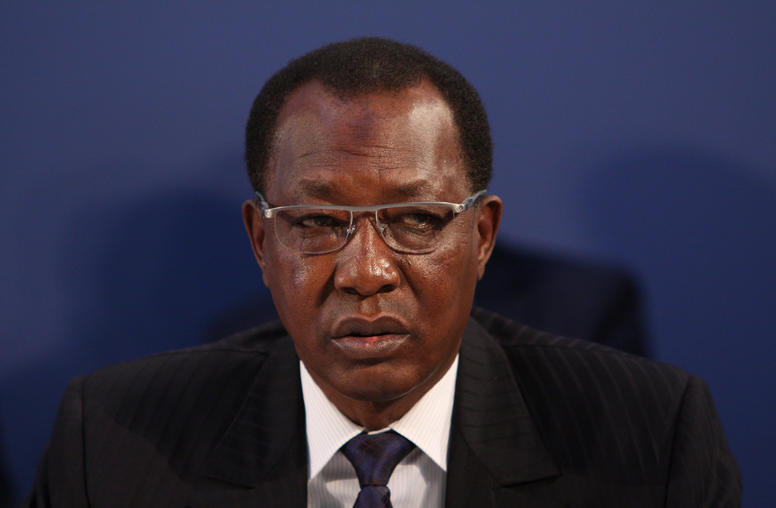
Chad: President Déby’s Death Leaves Vacuum in Volatile Region
The sudden violent death of Idriss Déby, the leader of Chad since 1990, throws the central African country into uncertainty. During a visit to the military frontline, Déby was allegedly killed in fighting in the country’s Lake Chad region, just days after the uncompetitive April 11 presidential elections in which he was re-elected for a sixth term. As USIP’s Kamissa Camara and researcher Jérôme Tubiana explain, Déby’s death does not change the structural deficiencies of the Chadian state. At the same time, Déby’s death leaves the West without a long-time ally in counterterrorism in the greater Sahel and Lake Chad Basin, and how the transition is managed has implications for the wider region, too.
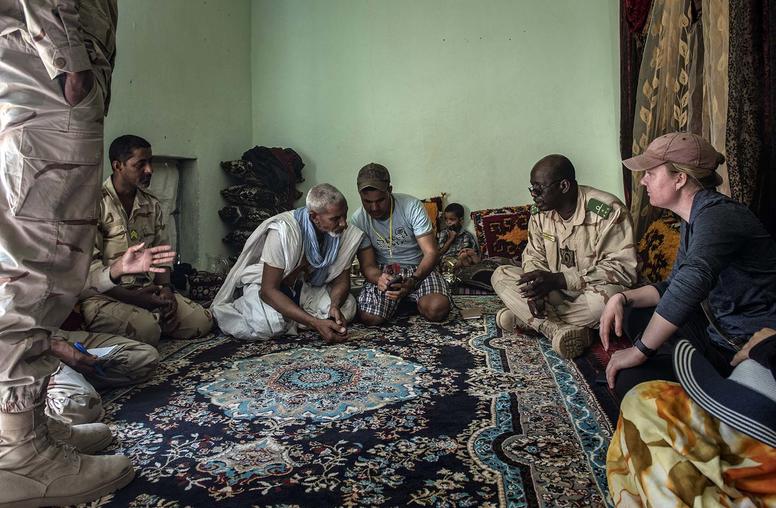
Three Ways to Make Communities Count in Combatting Violent Extremism in Africa
Nearly 20 years since the 9/11 attacks, the global community continues to struggle with violent extremism and terrorism. While much of the focus in the immediate aftermath was on the Middle East and Afghanistan, sub-Saharan Africa has drawn increasing attention in the last decade. Seven of the world’s top 10 countries facing the greatest violent extremist threat are in Africa, with the expansion of the Islamic State group (ISIS) and al-Qaida-affiliated groups on the continent. Efforts to combat violent extremism in Africa are now at a critical juncture. But this presents an opportunity to rethink these efforts. A tailored focus on local communities will be key in building better approaches to deal with the violent extremist scourge.
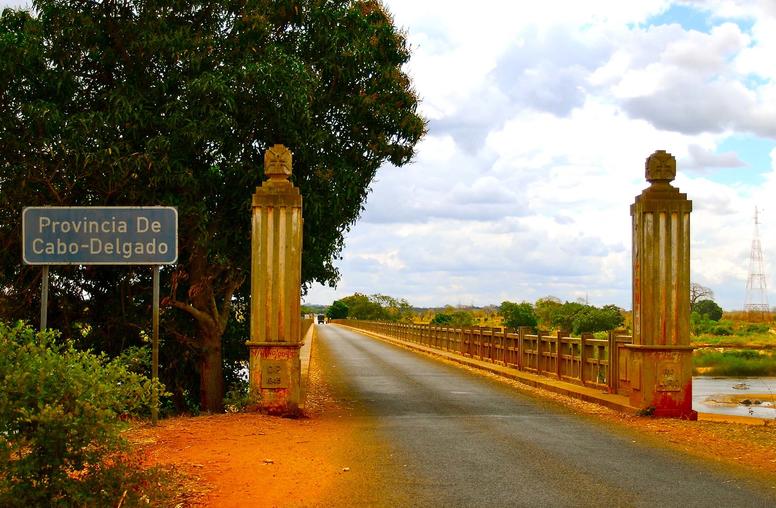
Pathways to Peace in Mozambique
An Islamist insurgency in Mozambique’s northern Cabo Delgado province and the grave humanitarian crisis it has created is threatening the promise of development offered by the discovery of vast reserves of natural gas in the region. It is imperative that the Mozambican government, with the support of the international community, make a concerted effort to return peace to this strategically important part of southern Africa.
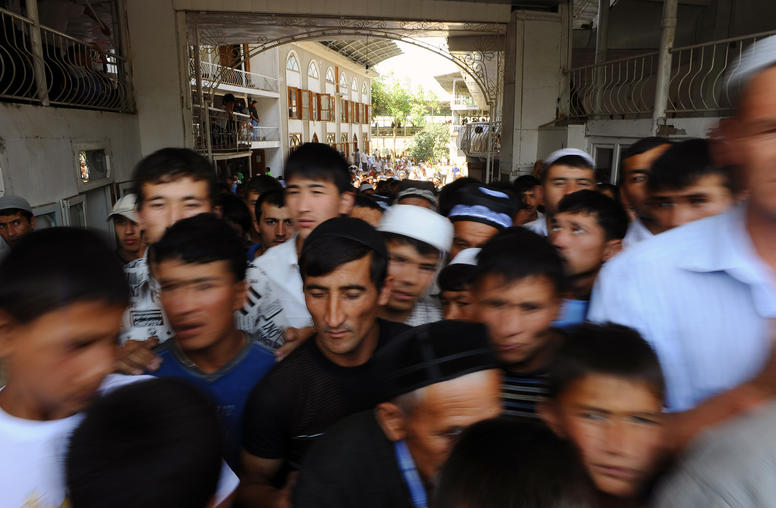
Central Asia’s Growing Internet Carries New Risks of Violence
The “Great Game” has returned to Central Asia, but with a digital twist. Where once the British and Russian empires competed over lucrative trade routes and territorial influence, today the region is at the geopolitical and ideological confluence between competing visions of internet governance. China, Russia, Europe and the United States are all seeking to shape the region’s technology environment. What happens in Central Asia will have profound implications for the five countries of the region and the future of civic freedoms and digital rights more widely.
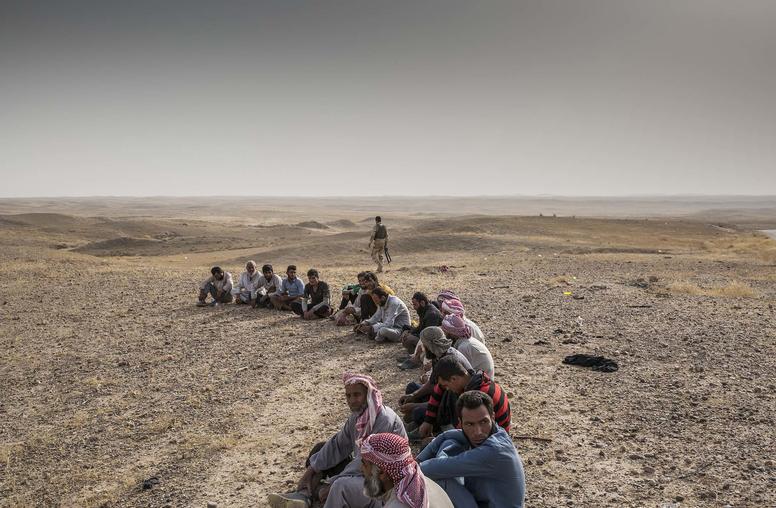
ISIS-Driven Displacement Remains Key Challenge as Iraq Prepares for Elections
Iraq remains a struggling nation confronting enormous, social, economic and reconstruction challenges yet progressing in critical areas such as resettling its displaced population and preparing for national elections this fall, two ministers of the Baghdad government said.
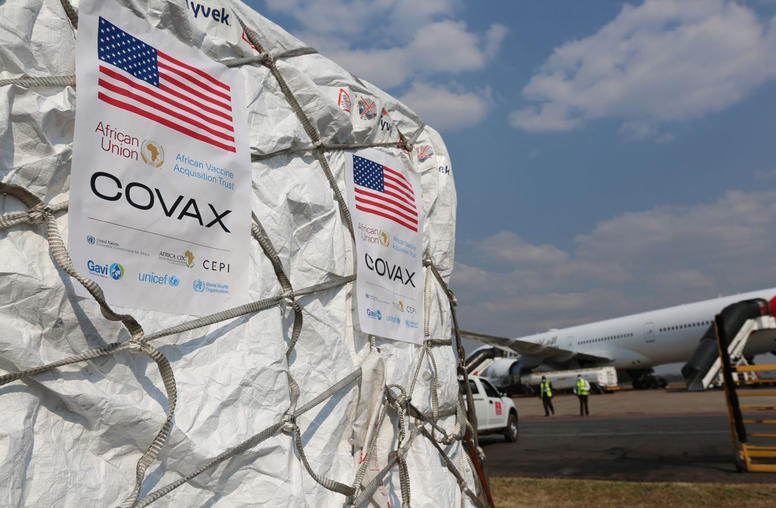
African Union Chair Tshisekedi, Rep. Bass Discuss Effective U.S.-Africa Engagement
Despite the many challenges facing the continent, “Africa is not … defined by poverty, misery and violence,” said Félix Tshisekedi, the chairperson of the African Union (AU). “Our continent is also defined by opportunities.”
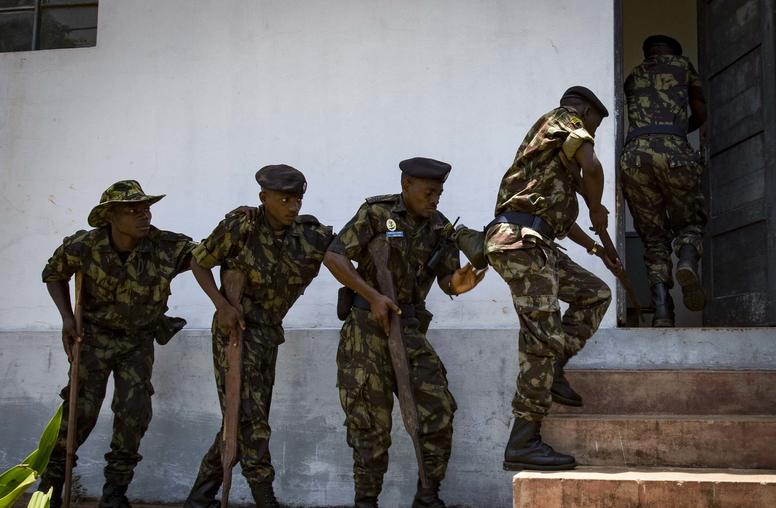
Five Keys to Tackling the Crisis in Mozambique’s Cabo Delgado
Since 2017, armed militants — often carrying the Islamic State flag — have been on the offensive in the northern Mozambique province of Cabo Delgado. The human toll of this violence is grave, with more than 3,000 killed, nearly a million displaced and an acute hunger crisis. Beyond the immediate priority of stemming the violence and addressing the dire humanitarian situation that is already affecting neighboring provinces, the crisis affords the government of Mozambique and the international community the opportunity to address long-standing challenges.
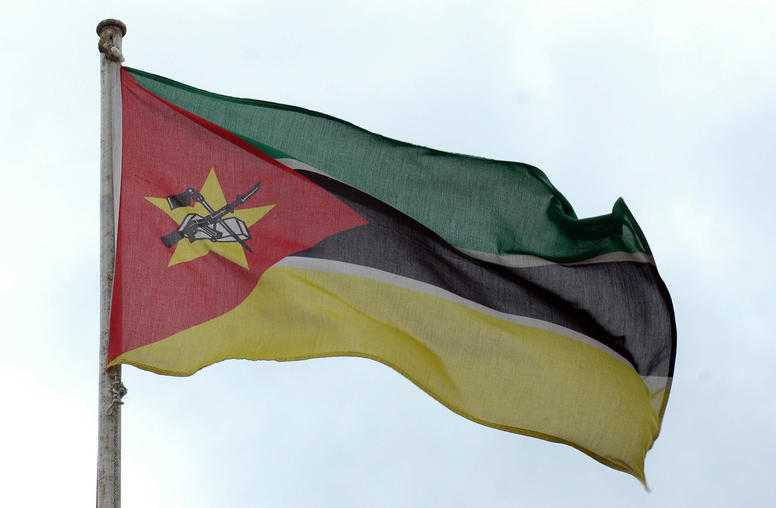
The Need to Build on Security Gains in Mozambique
The Rwandan armed forces and police deployed to the Cabo Delgado province in northern Mozambique have made impressive gains combatting the Islamic State-affiliated al-Shabaab militants that have devastated the area. These 1,000 or so forces secured the key port city of Mocimboa da Praia in August, and the militants — who have committed grave atrocities, killed thousands and driven nearly a million people from their homes — have been forced to retreat from several areas of this natural resource-rich region.
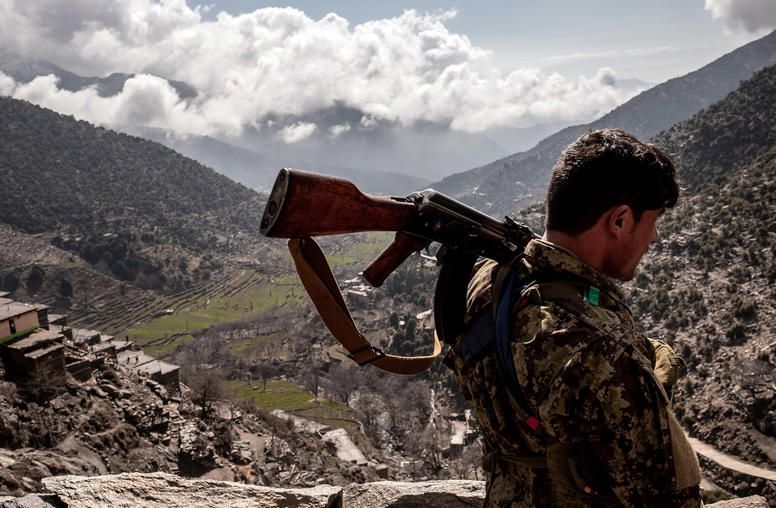
What Does IS-K’s Resurgence Mean for Afghanistan and Beyond?
Last month’s bombing outside the Kabul airport was a devastating sign of the Islamic State of Khorasan Province’s (IS-K) recent resurgence. The group had already launched 77 attacks in the first four months of 2021 — an increase from 21 in the same period last year. This renewed capacity for mass-casualty attacks could further destabilize Afghanistan’s already precarious security situation, leaving both the new Taliban government and the United States with a vested interest in mounting an effective campaign to undercut IS-K’s presence in the region.
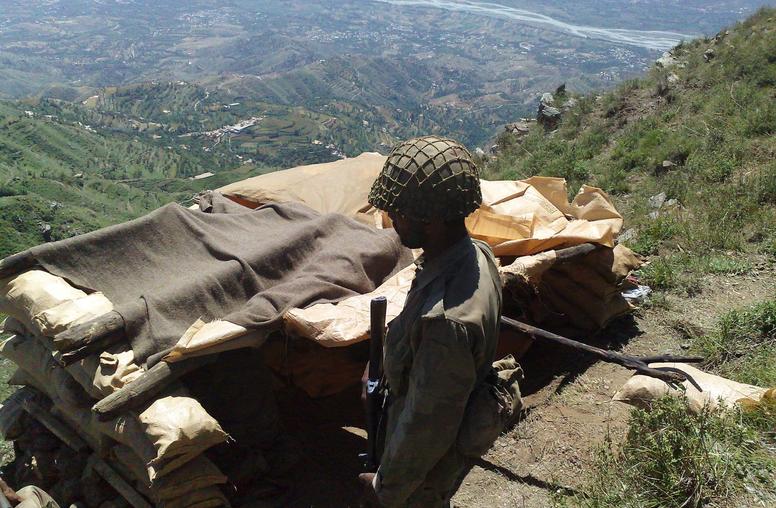
After the Taliban’s Takeover: Pakistan’s TTP problem
In 2021, the Tehreek-e-Taliban Pakistan (TTP) insurgency escalated its challenge against Pakistan. Operating from bases in Afghanistan, and with a growing presence inside Pakistan, the group mounted an increasing number of attacks against Pakistani security forces — as well as against some critical Chinese interests in Pakistan. The insurgency also showed renewed political strength by bringing in splintered factions and improving internal cohesion. Additionally, al-Qaeda signaled its continued alliance with the TTP. On Tuesday, after an attack by the TTP on the police in Pakistan’s capital city of Islamabad, Pakistan’s Interior Minister warned that more attacks by the group are likely.